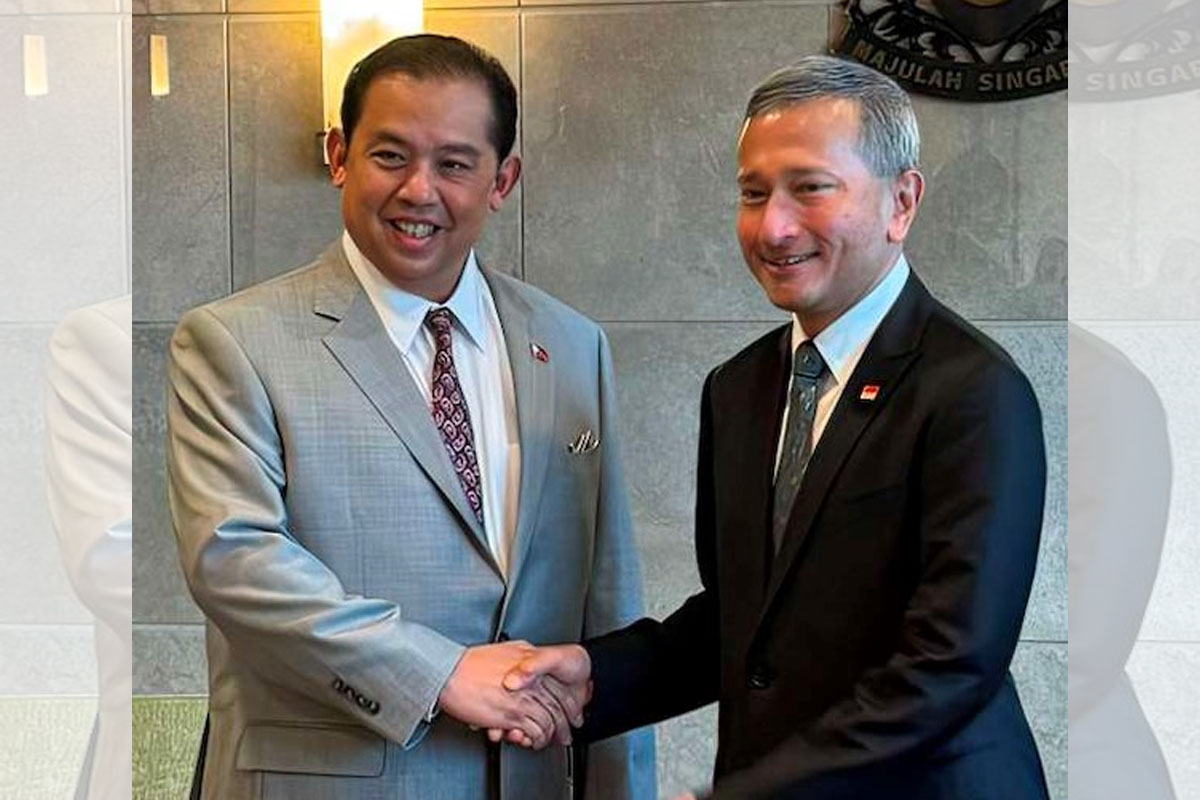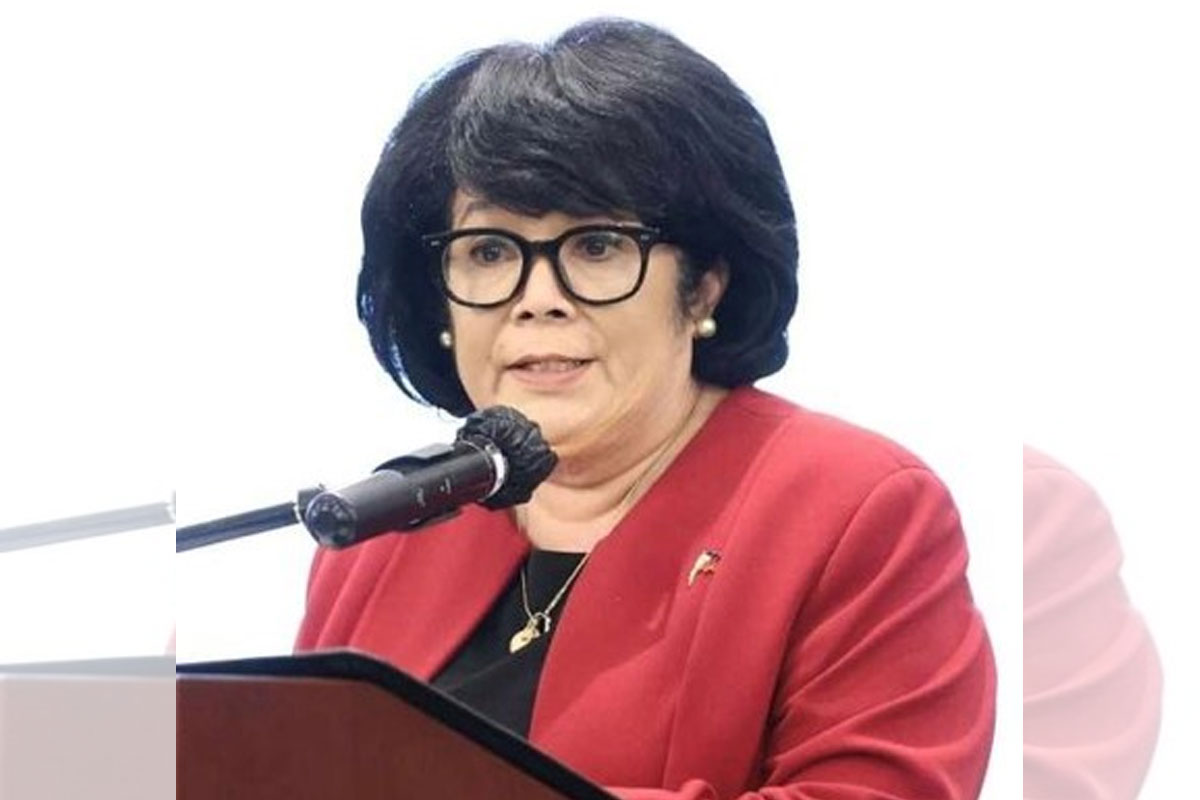 House Deputy Minority Leader Bernadette Herrera
SOURCE: Bernadette Herrera FB
House Deputy Minority Leader Bernadette Herrera
SOURCE: Bernadette Herrera FB
Herrera favors lifting of foreign ownership restrictions
HOUSE Deputy Minority Leader Bernadette Herrera has expressed her support for lifting the current constitutional limits on foreign ownership of Philippine companies, citing circumvention through internal arrangements between local and foreign business partners as a key reason.
During Wednesday’s hearing of the House Committee of the Whole on Resolution of Both Houses No. 7 (RBH 7), Herrera underscored the challenges posed by the 60-40 rule capping foreign ownership of local firms at 40 percent.
The representative of Bagong Henerasyon Party-list pointed out that despite these limitations, many foreign companies engage in internal arrangements with local partners, circumventing the constitutional limits.
“In our experience here in Congress, we have conducted hearings and investigations on foreign ownership restrictions, but we also see internal arrangements that do not truly reflect the partnership between foreign and local entities,” Herrera stated.
She further emphasized that this discrepancy between official regulations and internal agreements often leads to legal disputes, resulting in numerous court cases in the country.
Herrera raised concerns about the effectiveness of current restrictions, suggesting that they may be merely symbolic if foreign companies can easily bypass them through internal agreements.
She questioned whether the Philippines is truly adhering to its own regulations or if it is merely a facade.
“Naglolokohan lamang tayo kumbaga because of the restriction that we put forward, pero hindi naman po nasusunod dahil may side agreement sila,” Herrera stressed.
Herrera’s statement resonated with lawyer Anthony Abad, a resource person at the hearing, who echoed his sentiments by criticizing the ineffectiveness of equity percentage restrictions in regulating foreign investment.
Abad, a law professor at the Ateneo De Manila University, argued that such restrictions only foster illicit arrangements and dissuade potential investors from engaging in the market.
“Imposing equity percentage restrictions is an ineffective regulatory measure, leading legal practitioners like myself to facilitate these arrangements with foreign parties,” he pointed out.
Abad also cited the paradoxical situation where even though the capital brought in by foreign investors is beneficial to the country, the existence of the 60-40 rule necessitates these arrangements.
He cited an example where a mere US$200,000 paid-up capital is subjected to the same restrictions, despite its potential benefits to the local economy.
Another resource person, Foundation for Economic Freedom president Calixto “Toti” Chikiamco, highlighted the risks of corruption associated with circumventing laws, citing the PIATCO controversy as a prime example.
Chikiamco cautioned that such practices could lead to adverse effects on the economy and pose security risks, as investors willing to subvert laws may not align with the country’s interests.
He emphasized the need for stringent regulations to ensure ethical and legal compliance in foreign investments.
Meanwhile, Herrera raised concerns about the maritime sector, which includes ports, as she advocated for its removal from the classification of public utility, particularly due to high logistics costs and port fees.
She noted that Despite successful amendments to the Public Service Act by Congress, sectors like maritime remain classified as public utilities.
Herrera proposed amending Section 11, Article XII, as another opportunity to exclude maritime services from the public utility classification through legislation.
At the conclusion of the hearing, Herrera cast her vote in favor of the adoption by the Committee of the Whole of RBH 7, which seeks to amend restrictive economic provisions in the 1987 Constitution concerning public utilities, educational institutions, and advertising.
The proposed principal amendments include the insertion of the phrase, “unless otherwise provided by law,” granting Congress the authority to lift or ease existing economic restrictions, notably the 60-40 rule on foreign ownership.
Recognized as a major obstacle to significant increases in foreign direct investment, this rule has impeded the country’s economic growth trajectory for an extended period.





















